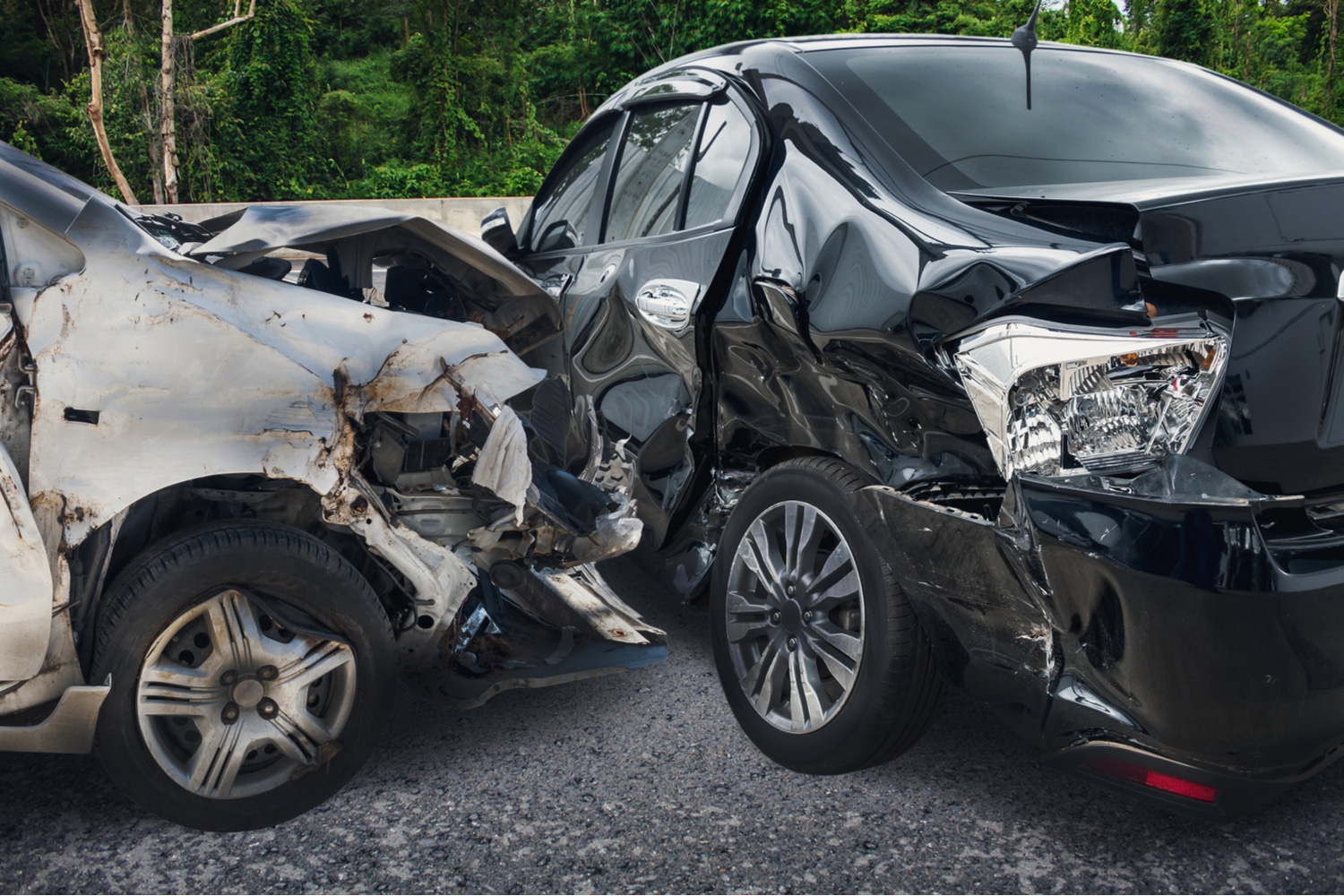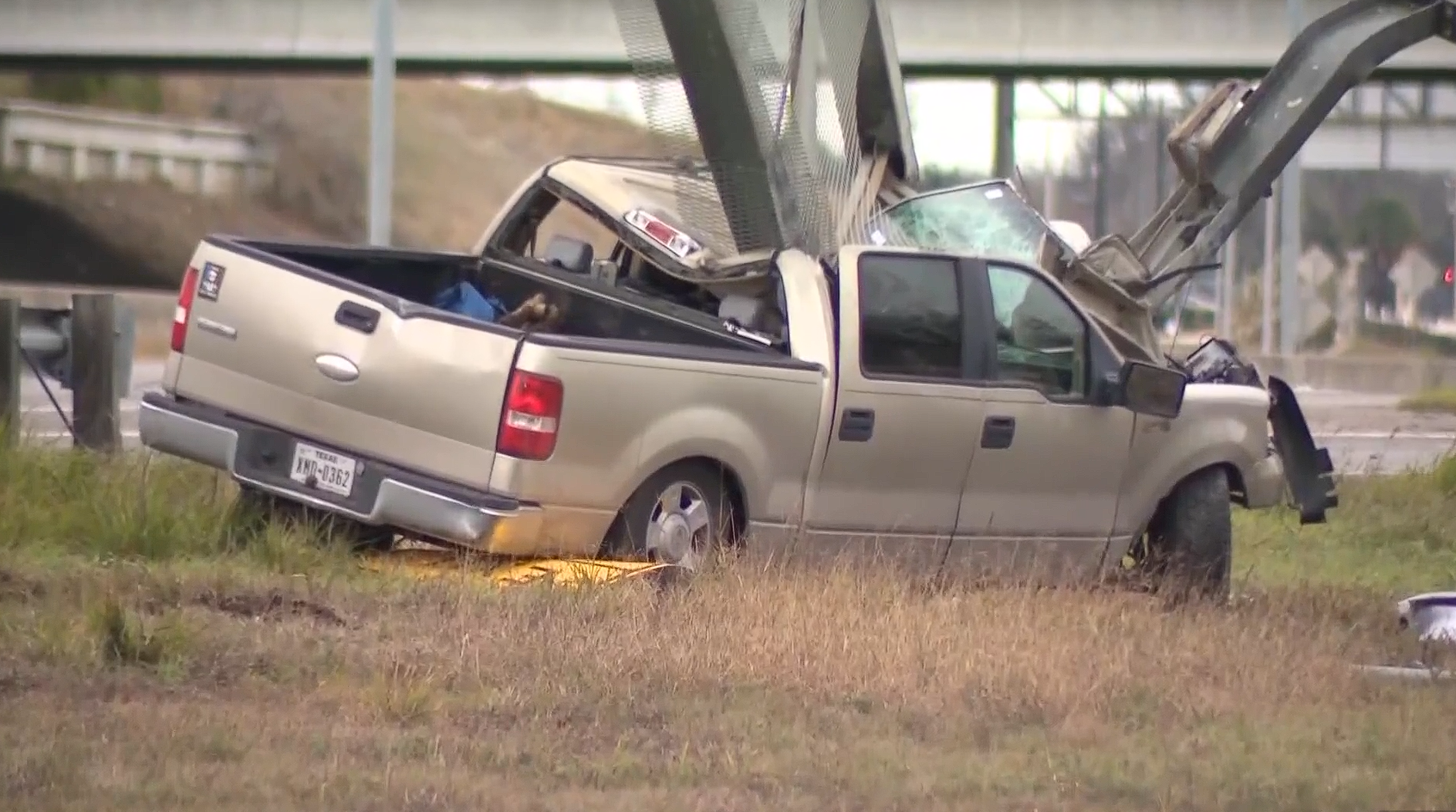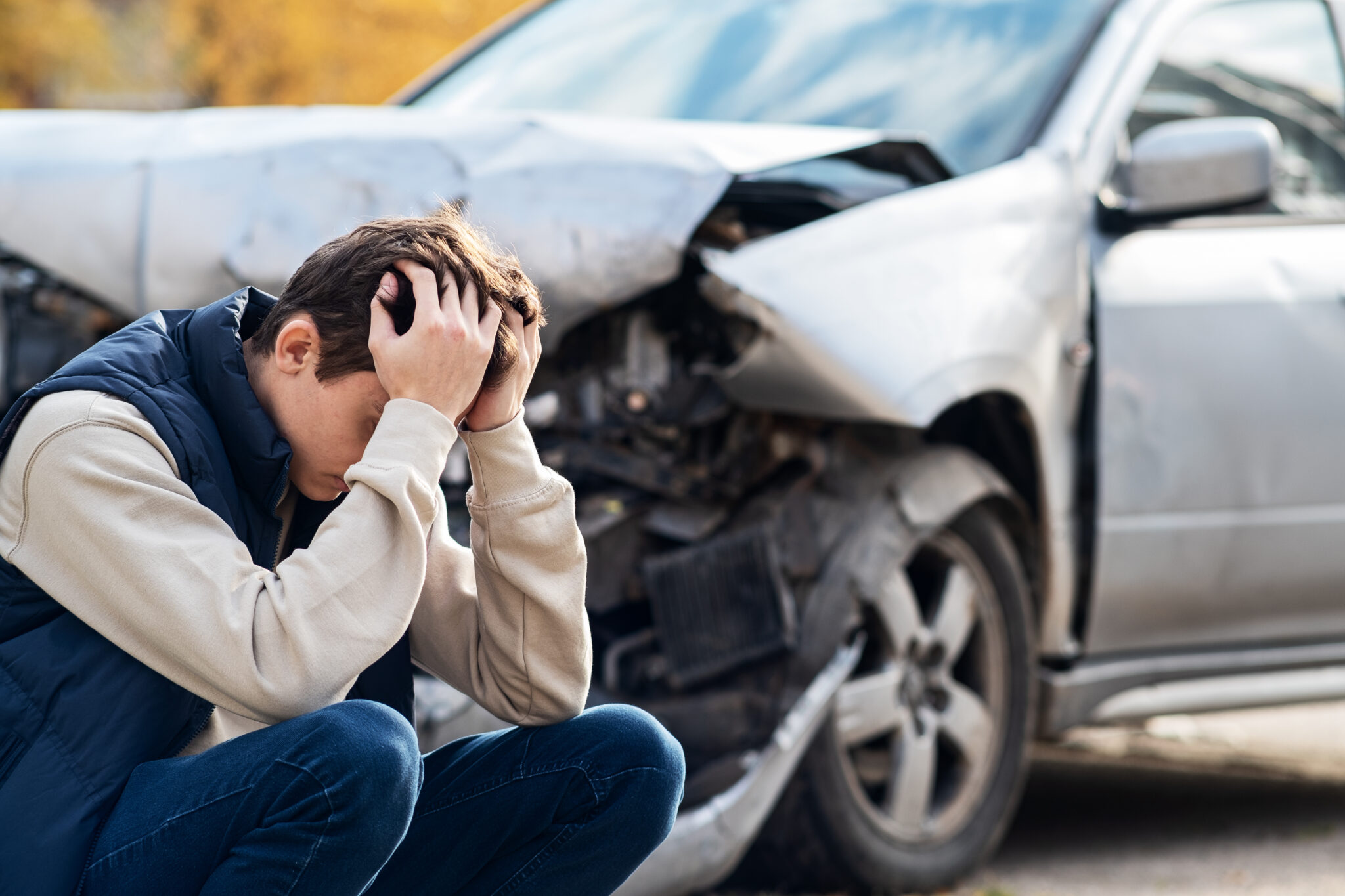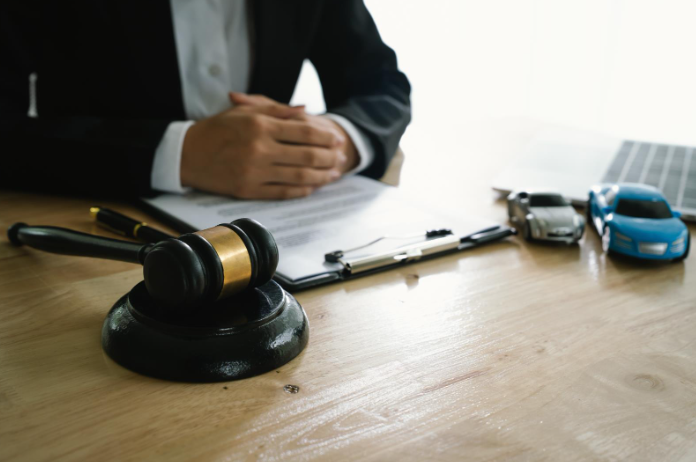“Do you have the police report?” When you file a car accident claim, the insurance adjuster will likely ask you this question. After a car wreck, both your personal injury lawyer and the insurance company will be very interested in this incident report. After all, if the police report places all the blame on the other driver, you’re in a much better position to get the compensation you deserve for your medical treatment, lost income, and other losses.
However, the police don’t always get it right.
If an inaccurate police report is complicating your insurance claims after a car wreck, you have options. In this article, our expert injury attorneys explain how you can correct a Texas crash report and fight back when the insurance company wrongly blames you for the “accident.”
How to Obtain and Read a Police Report in Texas
The officer who came to the accident scene will complete a report on the incident, called a Texas Peace Officer’s Crash Report. It is in your best interest to access this report as soon as you can.
You can request the report online from the Texas Department of Transportation (TxDOT), through the Crash Report Online Purchase System. Be aware that it may take a couple of weeks for your car accident to get into the system; you might not see it in the days immediately after the crash.
The report itself is relatively simple to read. It contains basic information on the crash including:
- Where and when it happened and who was involved
- Speed limits, weather, and road conditions
- Vehicle make, model, plate number, and other details
- Statements from involved drivers and witnesses
- Insurance and driver’s license details
- Visual depiction of the crash
However, some of this information is outlined in codes. For example, in Box 36 of the report, where the officer lists factors and conditions that caused the crash, a “16” means that a driver ignored a stop sign or light.
If you need help understanding these codes, your accident report should also include a code sheet. (You can also find it online.)
How Do Officers Assign Fault on Accident Reports?
The police report will name at-fault parties based on the officer’s best understanding of the accident and who caused it. Further investigations by the insurance companies and attorneys may confirm that report or dispute it.
RELATED: How Do I Get a Texas Accident Report?
Why Do Police Reports Sometimes Have Mistakes?
The officer writing the report is human, so mistakes can show up in any area of the document. Errors can happen for many reasons. Officers are not accident reconstruction engineers; they determine fault based only on what they see, the statements of the drivers involved, and available witnesses. If the situation is unclear or someone gives inaccurate information, it can lead to inaccuracies in a crash report.
Your police report could have mistakes about:
- The exact time or date of the accident
- Vehicle makes and models
- Who was in each vehicle
- The statements of drivers or witnesses
- The order of events leading up to the accident
- Degrees of injury and property damage
Slight inaccuracies about the time of the accident or an incorrect digit in a VIN may be relatively simple to amend, but disputing who the report names as at-fault is an uphill battle.
If you’ve been in an accident, give yourself the best chance to correct your crash report by working with an experienced personal injury lawyer.
Slight inaccuracies about the time of the accident or an incorrect digit in a VIN may be relatively simple to amend, but disputing who the report names as at-fault is an uphill battle.
How Do I Fight an Inaccurate Police Report?
To dispute the findings in a police report, contact the department of the reporting officer and politely tell them you believe there are factual errors in the document. Generally, they will amend the existing report rather than create a new one.
Be prepared; the officers might push back on your request to change critical elements of their report. To get an amended police report, you’ll need strong evidence that supports your request.
Sometimes, this is easy. For example, correcting the spelling of your name should be as easy as showing your driver’s license. If the police report had the drivers switched, putting you in the at-fault car, showing your auto registration should suffice.
However, if you tell the officer that the other driver cut you off so closely that you couldn’t possibly avoid rear-ending them, you’re going to have to work harder to get the report amended.
Step 1: Collect Your Evidence
After any traffic crash, you should gather as much evidence and contact information as you can. The more fact-based material you have, the easier it will be to dispute errors on the police report. While it’s still fresh in your mind, write down everything you remember about the crash, including:
- Road conditions and weather
- What vehicle you were in
- The date and time
- Where you were going
- Passengers with you, if any
- Exactly what you were doing right before the accident (waiting at a light, turning, etc.)
- Exactly what you saw the other vehicle do (roll through a stop sign, speed up, etc.)
- What caused the crash and how the cars impacted each other (sideswipe, head on, etc.)
- How you felt immediately after the crash, physically and mentally
- How the other driver reacted (drove away, apologized, etc.)
Take pictures at the scene of the accident. If it’s too late for that, see if you can get pictures of marks on the road or damage to the surrounding area.
You can also send a preservation letter to the other drivers involved. This is simply a formal request for them to hang on to evidence they might have after the accident.
For example, many commercial vehicles have an electronic data recorder, which records information on factors like speed, seatbelt use, braking, airbag deployment, and more that can support your case. There might even be dashcam footage that shows exactly what happened before and after the crash.
RELATED: A Grieving Mother Clears Her Daughter’s Name: Amanda and Jane’s Story
Step 2: Talk to an Experienced Car Accident Attorney
Trying to fix an inaccurate police auto accident report can be time consuming and challenging. It’s often worth getting the help from an expert, like a personal injury attorney.
At Crosley Law, we take a hands-on approach to our cases, and have successfully amended police reports. In a heartbreaking case, our client, Jane, wanted to do just that after her daughter, Amanda, was faulted for the crash that took her life.
The truck driver who hit Amanda insisted she’d run a red light and turned left, claiming he couldn’t stop in time when they were both in the intersection. Because Amanda was unresponsive and pronounced dead at the scene, no one could dispute the trucker’s claim and the police report faulted Amanda.
However, Jane didn’t believe Amanda would run a red light and called our team. Our investigation of dashcam footage and the truck’s other electronic records revealed that the trucker had run the red light. Addressing this inaccuracy in the police report turned everything around for Jane and Amanda’s case.
Step 3: Ask the Police Department to Update Its Crash Report
Police officers and departments are busy, and unless the accident report error is obvious and straightforward to amend, they might not be very open to your request. In complicated cases, it’s always best to work with a lawyer, rather than trying to amend a police report yourself.
Even if you only need minor changes, you should position yourself to be taken seriously by having your evidence and documentation ready to go. Ask for the email addresses of the reporting officer and sergeant to ensure everything is in writing and on record (and faster than traditional mail).
Keep a calm, respectful tone throughout the communications. It’s highly unlikely that any errors were intentional, and the department, like anyone, will respond better if you are professional and polite.
Why Are Accident Reports Important During a Personal Injury Claim?
During a car accident lawsuit, you will need evidence that supports your claims—the judge or jury will not simply take you at your word. In addition to medical records and your unpaid bills, you will need information that helps them understand what happened during the crash.
While you can offer eyewitnesses’ statements, photographs, and other information, police reports carry a lot of weight. First, memories fade. An accident report supplies a written account of what happened.
Second, police officers are specially trained and are often considered relatively neutral. While the other driver might have a reason to change their story or try to shift blame, a police officer should be impartial and provide just the facts (as they see them).
Texas Uses the Comparative Fault Rule
Sometimes, more than one driver contributes to a crash. In these cases, Texas law applies a rule called “comparative fault.” Under this rule, if you bear any fault for the accident, your compensation can be reduced by the percentage of their fault. However, if you are more than 50% to blame for the wreck, you cannot receive any compensation.
For example, let’s say you got hit by a driver who turned left as you drove straight through an intersection. You had the right of way, but you were also going 10 miles over the speed limit. In the police report, the officer cited both you and the other driver.
When you take your case to trial, the jury will have to decide how much at fault you were. If they assigned 20% of the blame to you, your compensation would be reduced by 20%. Because the other driver was 80% at fault, they would not receive compensation for their injuries.
Sometimes, insurance companies will try to spin the facts, hoping that you’ll accept a low settlement offer. Don’t fall for this tactic. If the insurance company is trying to unfairly blame you for a wreck, call a car accident lawyer immediately.
RELATED: Insurers Abuse Texas’ Comparative Fault Rules, but You Can Fight Back
Crosley Law: Fighting for Crash Victims in San Antonio and Across Texas
If you or someone you love is dealing with an inaccurate San Antonio or Bexar County car accident report, Crosley Law is ready to fight back for you. Learning what to do when a police report is wrong can feel like an uphill battle, but an experienced attorney knows how to get the information and legal advice you need.
To schedule your free consultation, get in touch with our attorneys right away. Call 210-LAW-3000 | 210-529-3000 or complete this brief contact form to get started.
The content provided here is for informational purposes only and should not be construed as legal advice on any subject.









